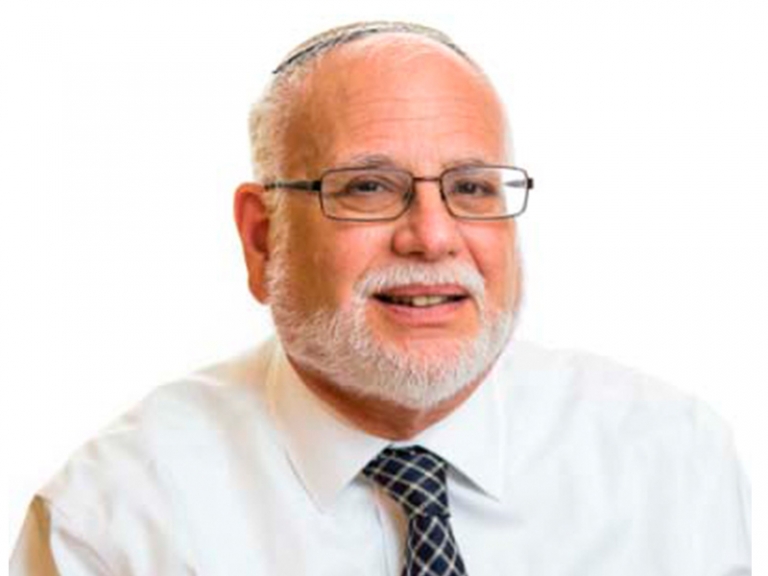D'var Torah by Dr. Kalman Stein, Head of School

Dear Hebrew Academy Community:
Many of us bless our children each Friday night with the traditional ישמך אלוקים כאפרים וכמנשה, the words which Yaakov used to bless his grandsons and which he prescribed for all future blessings. But the story was not a simple one. Yosef had positioned the boys so that that Yaakov would bless Menashe, his firstborn, with his right hand and Ephraim, the younger brother, with the left. Yaakov, however, chose to cross his hands so that the right, more prominent hand was placed on Ephraim’s head and the left on Menashe’s, and he resisted Yosef’s attempt to correct him.
The Midrash and many later rabbinical commentators have offered explanations of Yaakov’s choice. Rabbi Shimon Schwab’s explanation is intriguing. Yaakov did not choose to simply bless Ephraim first and then to bless Menashe. His hands were placed simultaneously on the two heads, albeit not as Yosef intended, thereby connecting the two.
ישמך אלוקים כאפרים וכמנשה
asks God to bless future generations of Jewish children to be both “like” Ephraim and “like” Menashe, that is to inherit the salient characteristics of each. What might Yaakov have been thinking?
The rabbinic tradition is that Yosef’s children had taken very different roles. Menashe had gone into the family business: He was a politician and finance person working with Yosef to govern Egypt and run its economy. Ephraim, on the other hand, spent his days in the yeshiva that had been established when his grandfather came down to Egypt. By placing his right hand on Ephraim’s head, Yaakov was acknowledging and emphasizing the primacy of Torah for his family and for the Jewish future. But, Yaakov realized, political and economic knowledge and skills were also essential for the leaders of the Jewish People. By placing his hands on both grandsons at the same time and by asking God to bless future Jewish children with the abilities of each of the two, Yaakov was teaching that while, of course, Torah is both primary and indispensable, effective Jewish leaders also need to have the political and economic acumen to guide the nation successfully.
The extension of this idea to an understanding of principled Modern Orthodoxy is obvious (although almost certainly not what Rav Schwab had in mind). The primacy of Torah and Mitzvot as a way of life and of Talmud Torah as an intellectual/spiritual pursuit are the bedrock principles of all shades of authentic Jewish practice and thought. But just as Rav Schwab argued that even Moshe Rabbeinu, whose Torah was pristine and all-encompassing, needed governing and economic skills to be an effective leader, all of us can be more productive and effective people and citizens (of Am Yisrael and of the country) if we supplement our Torah knowledge and lifestyle with the best of the culture and wisdom of the world around us.
Dr. Kalman Stein
Head of School

